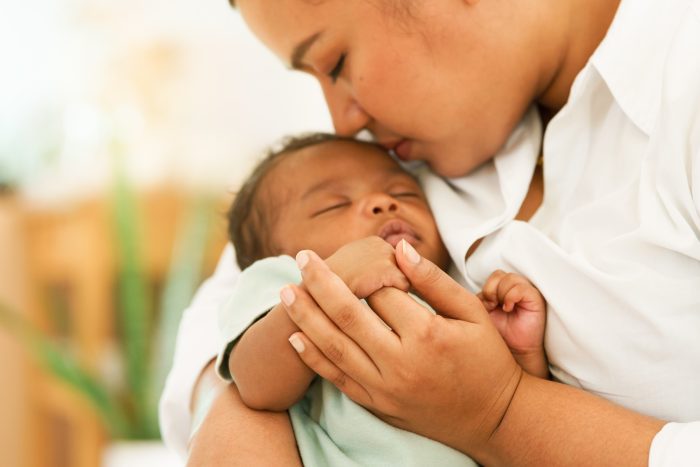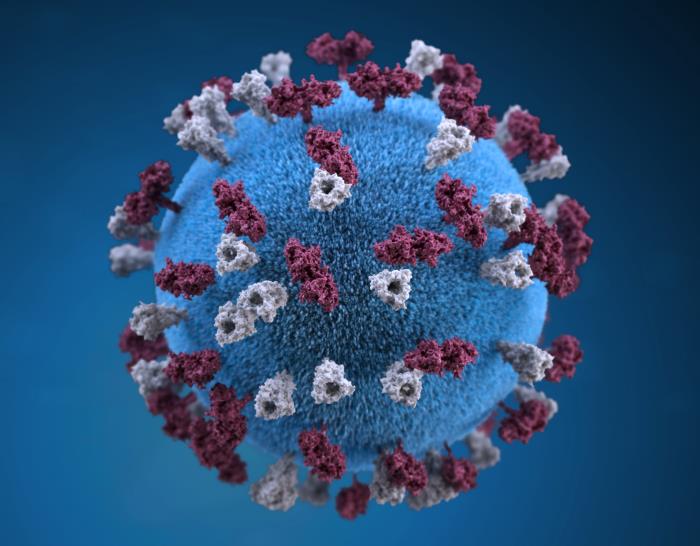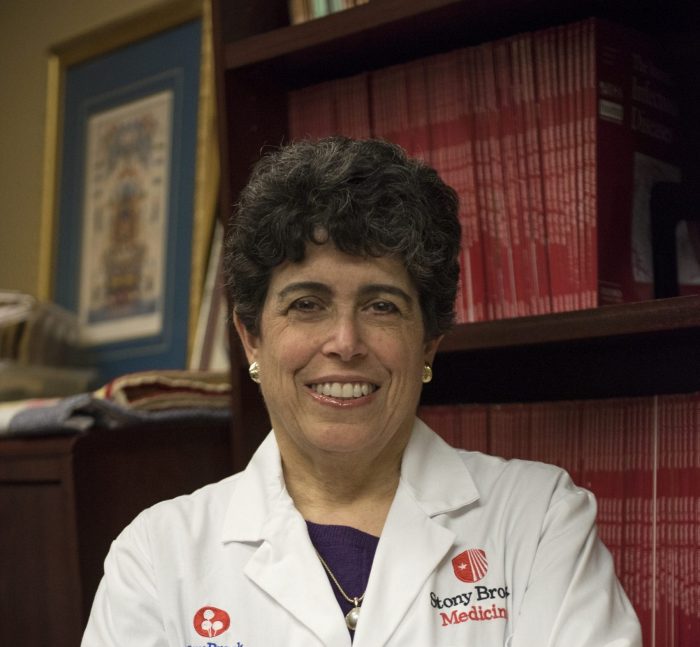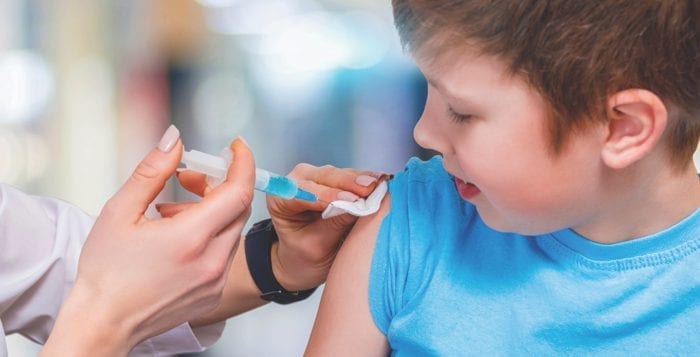Ongoing measles outbreaks across the country have many families, pediatricians and public health experts concerned. Most of the people who have gotten sick, including a child who died in Texas, were not vaccinated against measles.
The best way to protect your family is by choosing to have your child immunized against measles. The MMR vaccine—which protects against measles, mumps and rubella—is the only way to prevent measles. Vitamin A, cod liver oil and other alternatives have been discussed as ways to lessen the severity of measles. However, none of these alternatives will prevent measles. Too much vitamin A can also cause severe illness. Always talk with your pediatrician first.
“The reason many parents in the United States have not had to worry about measles in decades is because of widespread immunization with this safe and effective vaccine,” said AAP president and pediatrician, Susan Kressly. “However, when immunization rates drop in a community, the disease can spread, putting everyone—especially young children—at risk.”
Before the measles vaccine was available in the United States, an average of 450 people died from measles every year, according to the Centers for Disease Control and Prevention. Most of them were previously healthy children. Children who contract measles are at higher risk for developing more serious conditions such as pneumonia or a brain infection called encephalitis.
These complications can become deadly. Additionally, a rare but universally fatal form of brain swelling called subacute sclerosing panencephalitis can occur in healthy children years after they have recovered from measles infection.
Measles is highly contagious. The virus can live for up to two hours in the air where infected people have coughed or sneezed. Nine out of 10 people exposed to the virus who don’t have immunity from the vaccine will also become infected, according to the CDC. To prevent the virus from spreading and potentially causing an outbreak, creating community immunity by reaching a high level of vaccination rate is crucial to protect those who cannot be vaccinated.
The vast majority of parents get their children vaccinated. But because measles is so infectious, if a community’s rate of vaccination dips below 95% of the population, the disease can easily spread, impacting individuals and groups of people. Check with your pediatrician today if you’re unsure about your child’s protection. Learn more at HealthyChildren.org.
“No parent should have to experience the loss of a child to a preventable disease. Vaccines save lives,” said Dr. Kressly. “Pediatricians are here to talk with families about their children’s health, including how they can access vaccines. We must support immunization programs so that children in every community get the opportunity to grow up healthy and strong.” (StatePoint)








